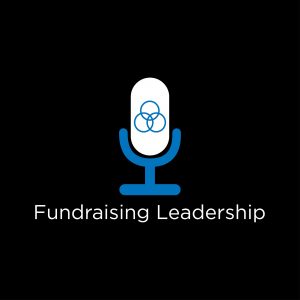
Michelle, Margaret, and David discussed their experiences dealing with exhaustion and depletion. It’s hard for them — and many others to balance personal responsibilities with professional leadership roles.
And sometimes it feels even more challenging as one ages.
David shared his recent experiences with moving, which felt exhausting and overwhelming. And both Michelle and Margaret talked about health challenges and the drain and fatigue that comes from travel.
They emphasize the importance of self-care, open communication, and visualization in managing stress and maintaining mental well-being. They also emphasized:
- the significance of adequate sleep for overall health and well-being,
- the need for self-compassion and
- seeking help when facing difficult periods.
They highlight the importance of self-love and self-care — and not pretending that everything is fine when it isn’t.
What are some Little Things we can do to build resilience?
Margaret shares some practices she uses to help decrease her sensitivity and get back to a space of resilience. She also talks about the practice of savoring.
Michelle has been drinking tons of hot tea.
David’s go to for recovery: taking naps.
Sleep Impacts Health and Performance
The team shared the importance of getting adequate sleep for overall health and well-being. David emphasized the need for a minimum of eight hours of sleep each night, citing scientific evidence from the book Why We Sleep: Unlocking the Power of Sleep and Dreams by Matthew Walker.
He also suggested that athletes might require up to 10 or 12 hours per night due to the increased demands on their bodies from regular exercise.
The group agreed on the importance of being aware of one’s body’s needs and — even when a nap or full night of sleep isn’t possible — utilizing other strategies.
Discussing Stressors and Self-Compassion
David, Margaret, and Michelle discussed the challenges many people are facing. They commonly include illness, aging parents, difficult parenting, stress about generalized things and work stress.
They acknowledged the impact these issues can have on a person’s energy and well-being. The trio emphasized the importance of self-compassion, recognizing that everyone goes through difficult periods, and that it’s okay to take a break or ask for help when feeling overwhelmed.
They also discussed the danger of the “super achiever” mindset, which can lead to self-destructive behaviors and a feeling of unworthiness. That mindset, quite common among leaders, prevents us from giving ourselves a break.
Self-Love, Self-Care, and Positive Intelligence
The group discussed the importance of self-love and self-care, because if we don’t offer ourselves some ease, things can get very dark. (They spread the word about the 9-8-8 hotline, an important resource for anyone considering suicide who needs to speak to someone in the moment.)
They emphasized that one’s worth is not determined by achievements. They encourage the audience to practice self-compassion, such as taking breaks or asking for help, when feeling depleted or overwhelmed.
They also shared their experiences with the positive intelligence coaching program, which has helped all three of them manage their hyper-achiever tendencies and cultivate a more balanced mindset. The trio concluded the session by encouraging their audience to prioritize their well-being, even if it meant taking a nap.